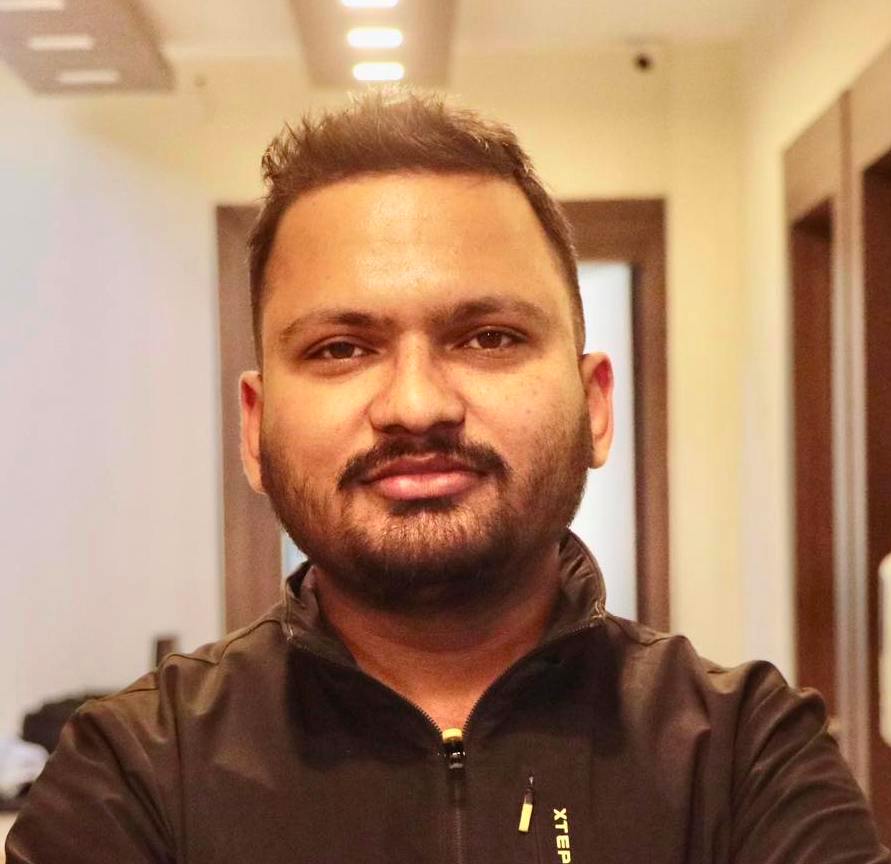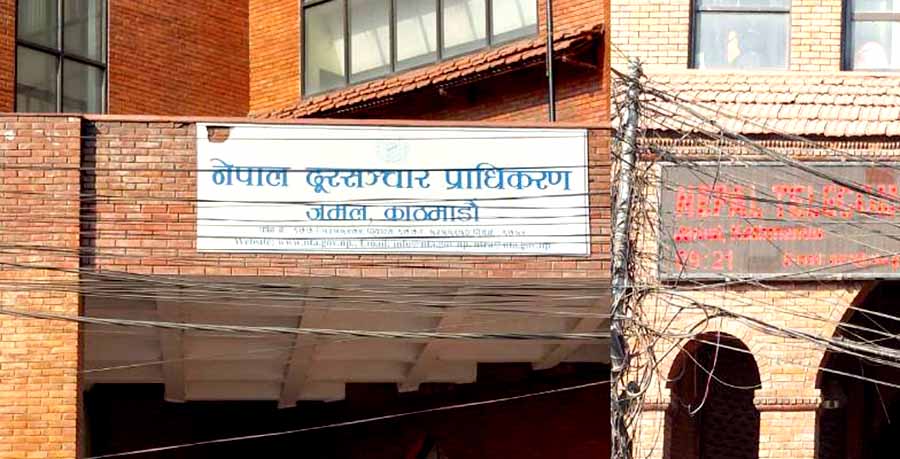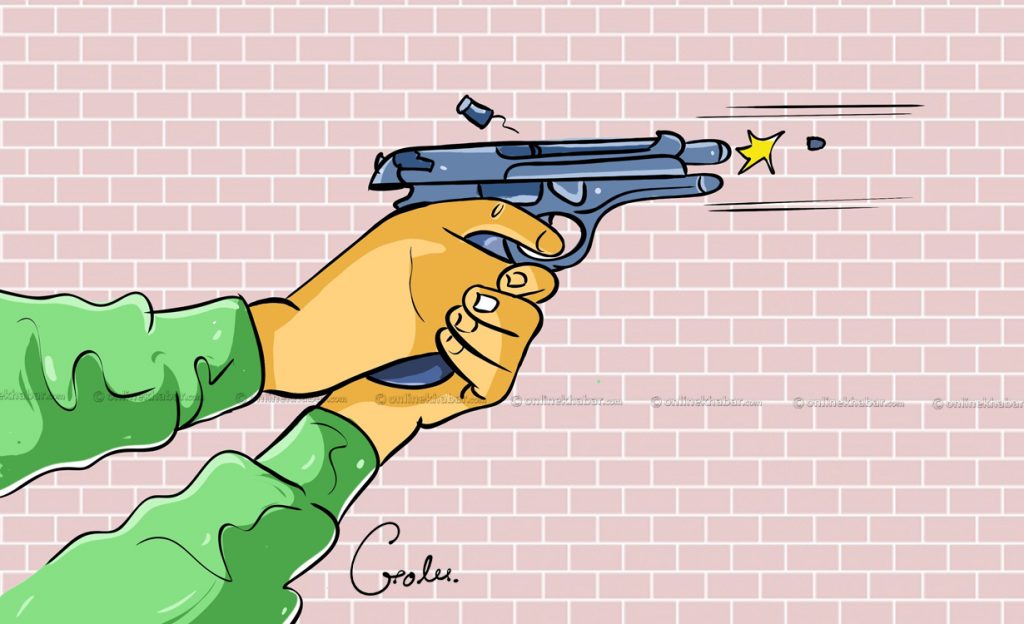
Balkot (name changed), 30, of Bhaktapur went contactless on February 11. Before leaving home, he told his family that he was going to Chitwan. His family tried to phone him, but they could not reach him. His phone was off.
This was not the first time that he turned his phone off. So his family did not suspect anything bad. However, a phone call to one of his family members at 10 pm shook everyone. His friend from the other end told, “Balkot is frequently talking about suicide.”
According to his friends, for the last couple of weeks, he was not in a good mental state. He was going through some troubles. So immediately, the friends decided to inform the family member about his desire to die so that preventing suicide could be possible.
The friends tried to contact him also, but he did not provide the right information. He instead said he had lost all his hope in life and that he did not have any alternatives to overcome the situation.
Over a video call, the friend kept convincing him, but he was drunk and was not in a condition to listen to anyone. During the call itself, he tried suicide. Then, the friend also informed the police.
This was when the Central Investigation Bureau of Nepal Police helped in finding Balkot’s whereabouts. As the police found that Balkot was in Janakpur, they forwarded the information to Madhesh Provincial Police Office.
After discovering Balkot’s location, DIG Basanta Bahadur Kunwar, the head of the Madhesh police, commission a regional investigation team under the leadership of Uma Shankar Sah for preventing suicide. A team from the Dhanusha District Police Office was also mobilised.
The police then found the hotel he was staying in and rescued him. “We handed him to a family member and suggested taking him for counselling.”
This is not the first case that Nepal Police got success in preventing suicides as officials say there are many cases of late. They say social media have also become helpful in preventing suicides of late.
Different stories, different strategies

On January 23, a singer from far-western Nepal, walking to the forest in Kathmandu came live on his official Facebook account. After silence for a few moments, he said, “For the last time, I want to share something, I am going far away from you all !”
The socially recognised singer in the live video said, “I can’t say whether I committed a mistake or set my life free. Please don’t take me wrong !”
The friends in the video were trying to convince him not to end his life by suicide. They were telling him not to lose hope. It is not clear whether he checked those comments carefully.
One of his Facebook friends who saw his live video informed SP Dinesh Mainali stationed at Kathmandu District Police Range, requesting him for preventing suicide.
According to Mainali, immediately after reading the message, police tried to locate the singer through his contact number. An investigation was carried out in coordination with the cyber bureau and he was found in the Ranibari forest on the same day. “Currently, he is in a normal situation,” says Mainali.
Reportedly, a high school graduate tried to die of suicide several times. The family convinced her many times. Later, she was taken to the police by her family after she started showing unusual behaviour.
The police received strange answers from her during counselling offered with the purpose of preventing suicide. She said her boyfriend forgot her birthday and did not apologise for being unable to attend a party. “I felt bad and did not want to live anymore,” she had told the police.
The people of this age group try suicide even for small issues. According to World Health Organisation (WHO), suicide is the main cause of death in the age group between 15-29, highlighting why preventing suicides in this age group is more important. The number of deaths from suicide is higher than the number of death caused by wars and murders.
Initiations for preventing suicides

The long-term policy adopted by the government states preventing suicides and decreasing the suicide rate from 16.5 per 100,000 to 4.5 per 100,000. But the police data show the rate is rather increasing.
The National Planning Commission has also made a plan for preventing suicides. Nepal planning is also running a suicide prevention campaign in different places. Nepali Police is also running a suicide prevention campaign.
“Police are connected with the people of every level, so for humanitarian purposes, we have conducted the campaign,” says CIB chief Uttam Subedi.
According to Posh Raj Pokharel, the spokesperson of Nepal police, 5,785 people died of suicide in the fiscal year 2018/19; 7,141 in 2019/20; 6,830 in 2020/21, and 3,000 in the period up to March 2022 in the fiscal year 2021/22.
The suicide rate among children is also increasing. A total of 459 children died of suicide in the fiscal year 2018/19; 764 in 2019/20; 809 in 2020/21 and 353 children committed suicide up to December 2021 in the fiscal year 2021/22.
According to the police, 19 people die of suicide every day in Nepal. Hence, the police also wanted to contribute to preventing suicides, the officials say.
“These days, people post on social media, informing that are going to die of suicide. They even go live on social media to inform people about it. We locate them and rescue them,” says SSP Nabinda Aryal of the Cyber Bureau of Nepal Police.
According to him, 31 people on TikTok, five on YouTube, one on Instagram, one on phone calls, two on WhatsApp, and three on email, altogether 44 people informed through their posts on social media about their intention to die of suicide.
There are also cases where the police have failed to prevent suicides. For instance, Prem Prasad Acharya, who died of self-immolation on January 24, had already posted on social media and sent mail to different bodies, informing them that he is going to die of suicide. But no one took it seriously.
Prevention is key

Psychosocial counsellor Sangita Khadka says people with suicidal thoughts have certain symptoms, and understanding them can prevent suicides. “Most of the suicide is planned. Their emotional and body language is its indication.”
According to her, people with such problems look for someone to share their grief with.
“They might say—I want to die, what would I do by living,” she says, “Additionally if someone repeatedly says these kinds of disappointing things and shows unusual behaviour, we should understand that they might be in trouble.”
This is when preventing suicide should begin. In such situations, their friends and family members need to understand them seriously.
“Listening to them without any interference, sharing positivity and providing psychosocial counselling can prevent people from suicide,” says Subedi of the CIB.
In case you need help:
- Patan Hospital Helpline for Suicide Prevention: 9813476123
- TUTH Suicide Hotline: 9840021600
- Government Suicide Prevention Helpline: 1166
This story was translated from the original Nepali version and edited for clarity and length.
























